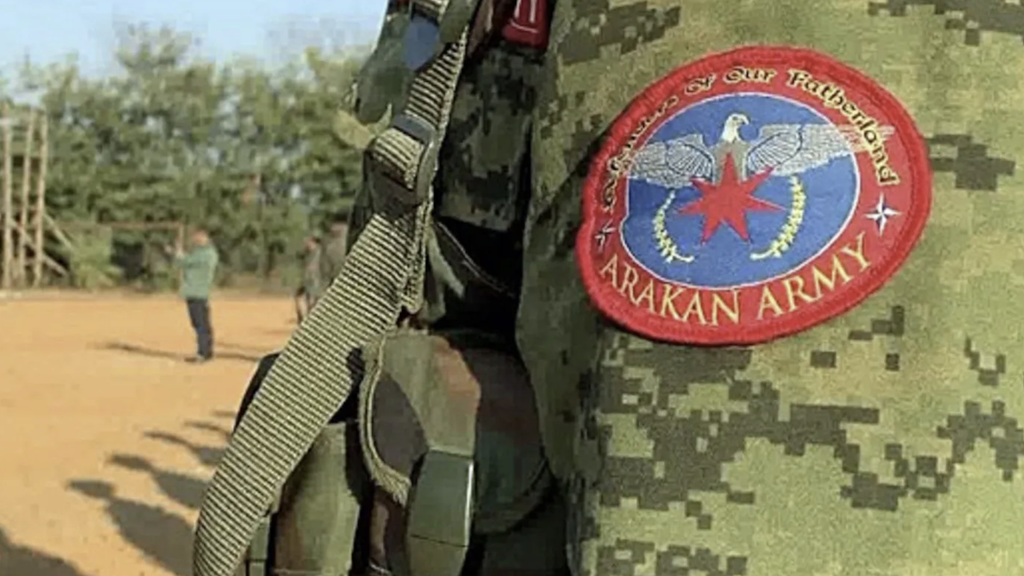Rohingya refugee woman recounts life after loss of her husband
- 26/12/2016
- 0
The woman with a toddler faces the setbacks of loss of her husband in Myanmar and harsh condition in Bangladesh makeshift camp
By Mohammed Imran, The Stateless Rohingya
KUTUPALONG: Since October 9 more than 30,000 Rohingya fled into Bangladesh after Myanmar army and police launched clearance operations in northern Maungdaw township bordering with Bangladesh.
Many new Rohingya refugees were able to infiltrate the lockdown border to escape from the killing, arrest, rape and arson attacks by the Myanmar forces. Most of them who now taking refuge in Cox’s Bazar district recount the horrible tales of human rights abuses and persecution they came under since the attacks of three police posts by “an unknown assailant group”.
Several victims of what the United Nations described “ethnic cleansing” have lost friends and family members, suffered gang-rape and seen destruction of their houses and properties.

Noor Begum, a 30-year old Rohingya woman who takes shelter in the unregistered Kutupalong refugee camp with her 3-year old child, faces it hard staying in the camp without shelter, clothes and food in the harsh weather for more than a week.
She said her husband Anis Ullah (35), was dragged away by the Myanmar army and killed in a paddy field before setting fire her house.
“After my husband was killed, I was forcibly removed from our house and loot and burned it completely. I was then beaten until I became unconscious,” recount Noor Begum with her crying boy in her lap.
She left U Shey Kya (locally known as Bura Shidda Fara) village without food, clothes and relatives.
She continues, “as a mother, it breaks my heart when my baby cries for his father and for food which I am unable to afford in the camp.”
“In this unbearably cold winter, we have had to stay under the open sky without a blanket,” she describes her horrible new life as a refugee without her husband and relatives.
She is not alone. There are thousands of new refugees who face the similarly awful situations in Bangladesh and tell the painful stories of their encounter of severe human rights abuses.






